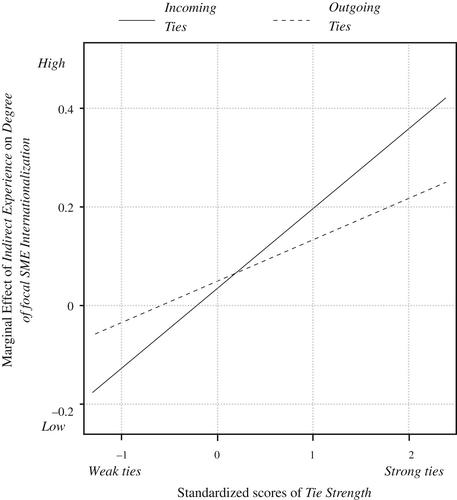This paper examines an understudied aspect of network relationships—that is, direction of relational ties. Tie direction is important since it can shape when and how firms can benefit from the international experience of other firms. We focus on a specific type of network relationship—that is, interlocking directorates, which provides a clinical context to study directionality. We show that, due to their higher familiarity, identification, and executive power, focal firm directors serving in other firms' boards (i.e., outgoing ties) are more beneficial for utilizing partners' international experience. However, outside directors sitting on the boards of focal firms (i.e., incoming ties) can bring more useful first-hand experience and facilitate international expansion once these ties get stronger. Theoretical and practical implications of these results are discussed.
As they grow internationally, firms need to manage risks and uncertainties of doing business abroad. In this regard, they can potentially benefit from the international experience of other firms in their network. We show how firms can realize these benefits by means of interlocking ties (i.e., shared board memberships). To that end, we examine the directionality of interlocking ties. Specifically, we argue that a firm's ability to utilize partners' experience for its own international expansion is greater when its directors sit on the boards of other firms (so-called outgoing ties) compared to when other firms' directors sit on its own board (so-called incoming ties). However, experience coming through incoming ties is more effective for a firm's international expansion once these ties get stronger.



